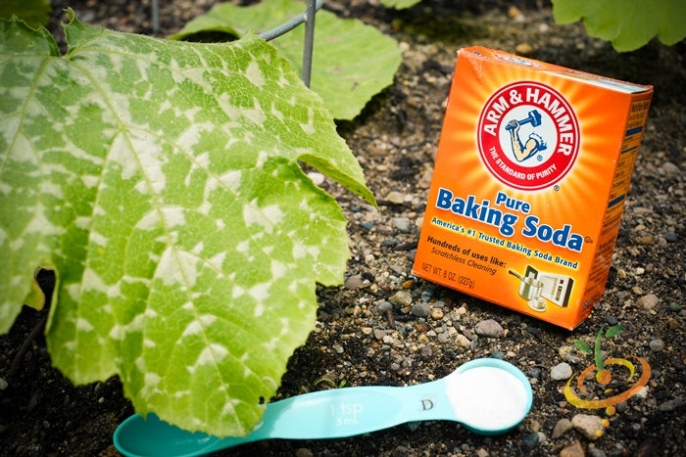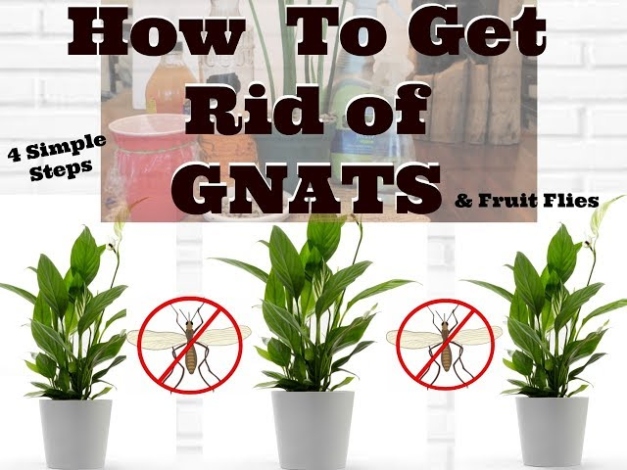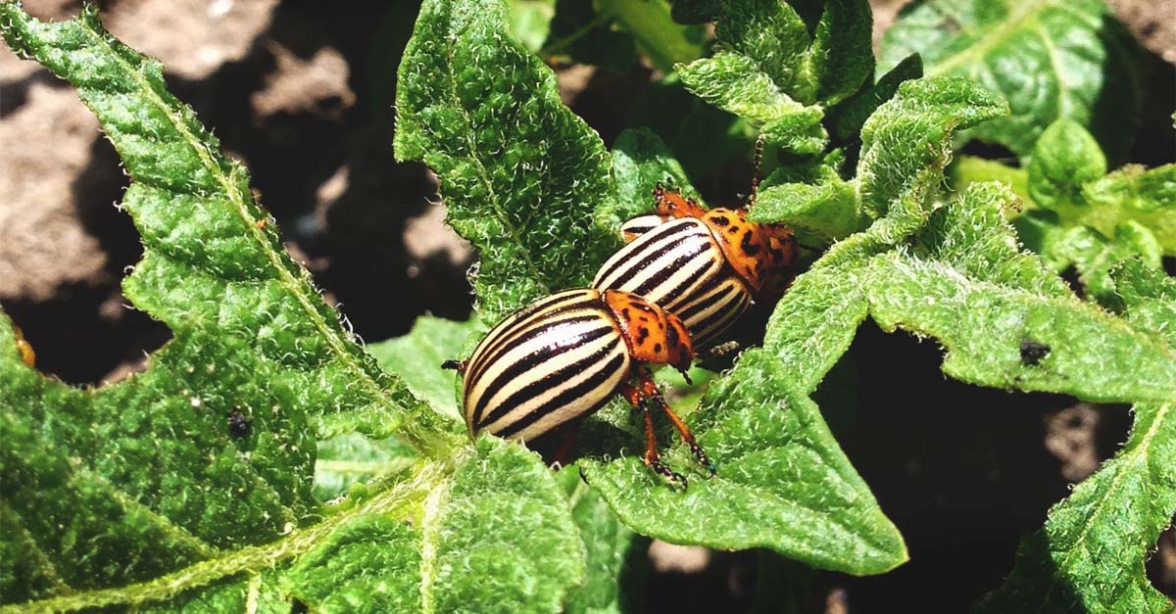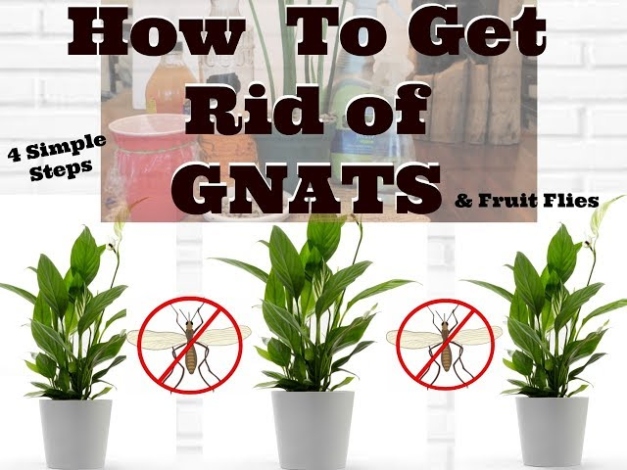How to Get Rid of Slugs in Plants
What do you mean by slugs in plants?
Slugs are a common pest that can wreak havoc on your plants. These slimy creatures feed on the leaves of plants, leaving behind a trail of destruction in their wake. If left unchecked, slugs can quickly decimate your garden and leave you with wilted, damaged plants.
How do you know if your plants have slugs?
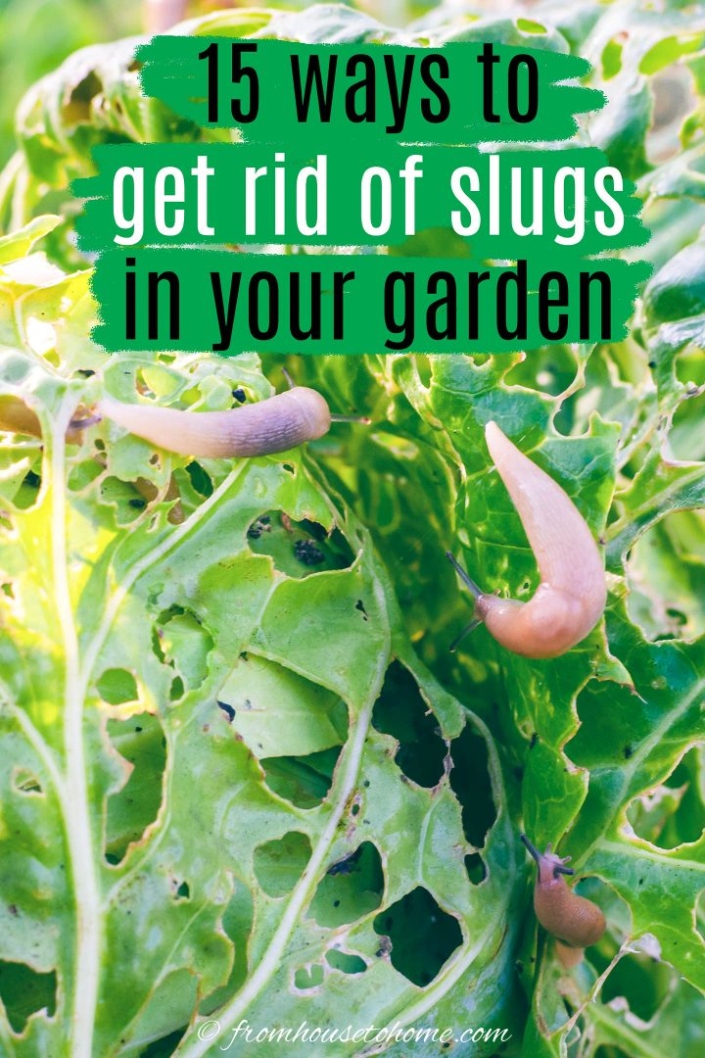
Image Source: fromhousetohome.com
There are several telltale signs that your plants may be infested with slugs. One of the most obvious signs is the presence of slimy trails on the leaves and stems of your plants. You may also notice holes in the leaves and a general wilting and yellowing of the plant. If you see any of these signs, it’s likely that slugs are to blame.
How can you get rid of slugs in plants?
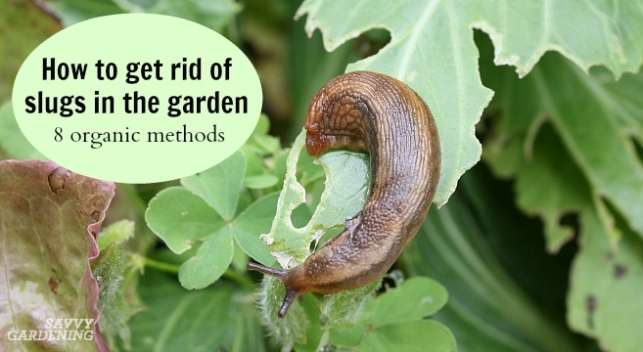
Image Source: i0.wp.com
There are several methods you can use to get rid of slugs in your plants. One of the most effective ways is to handpick the slugs off the plants and dispose of them in a bucket of soapy water. You can also set up beer traps, which attract the slugs and drown them in the liquid.
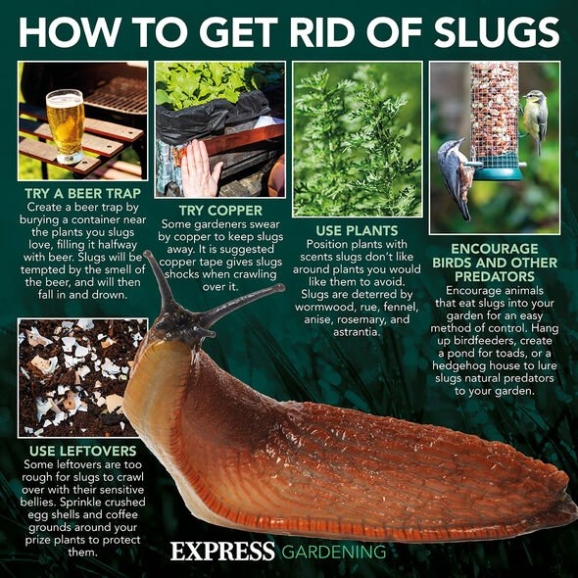
Image Source: express.co.uk
Another method is to create a barrier around your plants using copper tape or diatomaceous earth. These substances create a barrier that slugs cannot cross, effectively keeping them away from your plants. You can also use natural predators such as ducks or toads to keep the slug population in check.
What is known about the effectiveness of various slug control methods?
There are several methods of controlling slugs in plants, each with varying degrees of effectiveness. Handpicking is a labor-intensive method but can be very effective if done regularly. Beer traps are also effective at attracting and killing slugs, but may not be practical for larger infestations.
Copper tape and diatomaceous earth are both effective at creating a physical barrier that slugs cannot cross. However, they may need to be reapplied regularly to maintain their effectiveness. Natural predators such as ducks and toads can also be effective at keeping the slug population in check, but may not be a practical solution for all gardeners.
What are some possible solutions to get rid of slugs in plants?
One possible solution is to use a combination of methods to control slugs in your garden. For example, you could handpick slugs off your plants and then use copper tape to create a barrier around them. This way, you are attacking the slug population from multiple angles and increasing your chances of success.
You could also try using natural slug repellents such as coffee grounds, eggshells, or garlic spray. These substances are believed to repel slugs and may help keep them away from your plants. Additionally, you could try planting slug-resistant plants or using raised beds to keep your plants out of reach of slugs.
What information should you know about getting rid of slugs in plants?
It’s important to know that controlling slugs in plants is an ongoing process that requires vigilance and persistence. Slugs are prolific breeders and can quickly repopulate an area if not kept in check. Therefore, it’s important to stay on top of slug control measures and regularly monitor your plants for signs of infestation.
It’s also important to consider the environmental impact of the methods you choose to control slugs. Some chemical pesticides can be harmful to beneficial insects and wildlife, so it’s important to opt for natural and environmentally friendly methods whenever possible.
How do you describe the process of getting rid of slugs in plants?
Getting rid of slugs in plants can be a challenging task, but with the right approach, it can be done successfully. The first step is to identify the presence of slugs in your garden and assess the extent of the infestation. Once you have determined that slugs are the culprit, you can begin implementing control measures to eradicate them.
It’s important to be thorough in your efforts to control slugs, as even a few remaining slugs can quickly repopulate an area. Regular monitoring and maintenance are key to keeping slugs at bay and protecting your plants from further damage.
Conclusion
Getting rid of slugs in plants can be a challenging task, but with the right approach and a combination of methods, it can be done successfully. By staying vigilant, using natural control methods, and being proactive in your efforts, you can keep slugs at bay and protect your plants from damage.
FAQs
Q: Are slugs harmful to plants?
A: Yes, slugs can be very harmful to plants as they feed on the leaves and stems, causing damage and potentially killing the plant.
Q: Can slugs be beneficial in any way?
A: While slugs are generally considered pests, they can also help break down organic matter and improve soil fertility in small quantities.
Q: What are some natural predators of slugs?
A: Natural predators of slugs include ducks, toads, snakes, and birds such as thrushes and blackbirds.
Q: How do slugs reproduce?
A: Slugs are hermaphrodites, meaning they possess both male and female reproductive organs. They can lay up to 500 eggs at a time.
Q: Can slugs transmit diseases to plants?
A: Slugs themselves do not transmit diseases to plants, but their feeding can weaken plants and make them more susceptible to other pests and diseases.
Q: What should I do if I have a severe slug infestation?
A: If you have a severe slug infestation, you may need to enlist the help of professional pest control services to effectively eradicate the slugs from your garden.
Q: Are there any plants that are resistant to slugs?
A: Some plants are more resistant to slugs than others, such as lavender, rosemary, and fennel. Planting these varieties may help deter slugs from your garden.
how to get rid of slugs in plants







